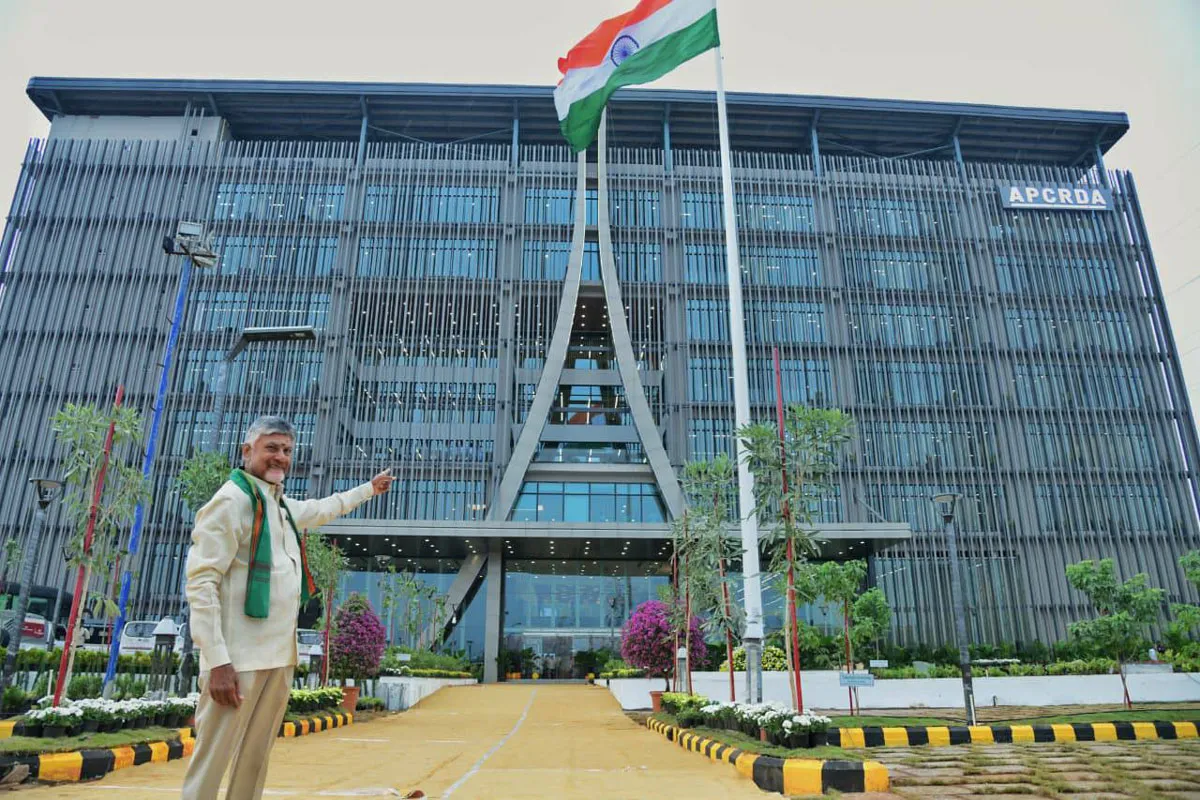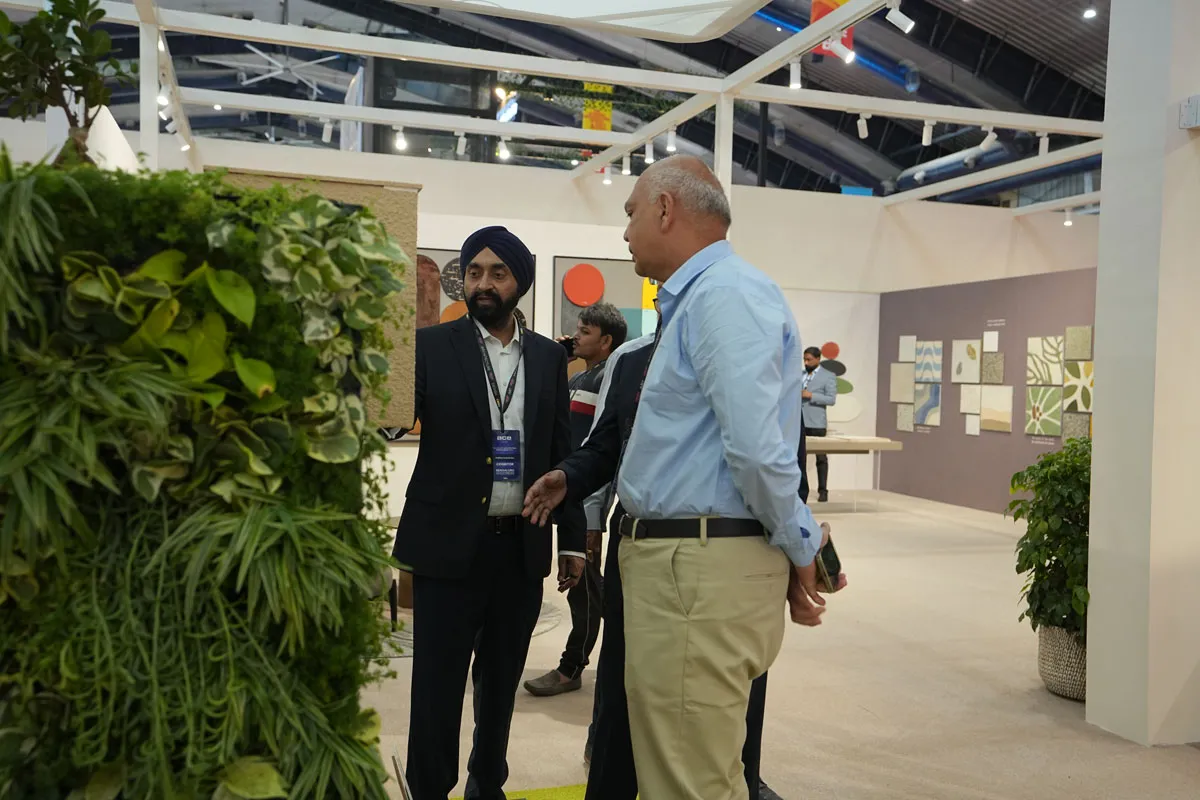The 5 per cent contraction in the Indian economy expected by CRISIL this fiscal – wrought by the Covid-19 pandemic – will significantly hurt
micro, small and medium enterprises (MSMEs) across sectors.
The pain will radiate as India Inc heads towards ~15 per cent decline in revenue and ~25 per cent fall in earnings before interest, taxes, depreciation and amortisation (Ebitda). For MSMEs, the fall in revenue will be steeper at 17-21 per cent, while Ebitda margin will shrink 200-300 basis points to 4-5 per cent as weak demand gnaws away gains from lower commodity prices.
A sharp decline at the operating level will also impact creditworthiness, aggravating the liquidity stretch these units have been grappling with, particularly on the working capital front.
In the process, average interest service coverage ratio could slide to 1-1.5 times from 2.4 times seen between fiscals 2017 and 2020, even after factoring in the benefit of moratorium on interest payments announced by the Reserve Bank of India (RBI). Sans moratorium, the ratio would have gone below 1.
The challenges would be the hardest for micro enterprises, which account for 32 per cent of the overall MSME debt, and are facing material stress in terms of revenue growth, Ebitda margins and working capital stretch.
Previous downturns have shown that
micro and small enterprises are unable to manage transient working capital challenges as easily as their large and medium peers. To that extent, the measures announced by the Ministry of Finance and the RBI, nudging banks and other institutions to lend more, will help them tide over tapered cash flows.
The bigger issue, however, is demand, which needs to revive for growth to improve sustainably.
Says
Amish Mehta, Chief Operating Officer, CRISIL, “The current facilitations may not have the heft to crank up demand in the near term because fiscal stimulus is limited and only to vulnerable households. It is critical that the demand curve is yanked steeply northwards, especially in discretionary products and services. A three-pronged strategy is essential now: one, improve the sentiment around job security for formal and informal workers to boost consumption. Two, hasten implementation of the
Rs 3 lakh crore Aatmanirbhar scheme to ensure flow of liquidity to MSMEs continues. Three, and most importantly, lenders have to go beyond traditional credit processes because they have to play a seminal role in recovery. That will mean closer interactions with MSMEs to understand underlying drivers of business, and using innovations such as operational scorecards, digital platforms and alternative data for monitoring and underwriting.”
As for sectors, CRISIL sees consumer discretionary, construction, and export-linked ones bearing the brunt. Small real-estate contractors into EPC (engineering, procurement, construction) projects, and ceramics and textiles makers have been significantly impacted so their credit profiles are the most vulnerable.
Revenue growth of MSMEs in the real estate engineering, procurement and construction segment could almost halve with demand sliding even as rising costs, supply chain disruptions and labour issues exert severe pressure on margins. Lower utilisation and partial absorption of BS-VI price hike could erode margins of auto-component MSMEs this fiscal despite lower raw material prices. Working capital is highest for MSME sectors that have higher B2B clientele or dominant export share, such as gems and jewellery, ready-made garments and real estate contractors.
The assessment is also borne out by a survey conducted by CRISIL covering ~450 MSMEs across crucial upstream sectors such as construction-real estate, auto components and textiles-readymade, and downstream sectors such as FMCG distributorships and auto dealerships. The survey highlighted sector-specific challenges.
In upstream sectors, inventory build-up and stretched receivables highlight the need for incremental working capital in the next 1-2 months. Given the varied pace of revival, the worst -affected ones, such as construction, auto component manufacturers and auto dealers, do not expect a rebound before fiscal 2022. While some MSMEs remain optimistic about the upcoming festive season, FMCG distributors expect de-growth this fiscal due to consumer down trading and supply-side challenges.
For construction-real estate, auto components, and textiles-readymade sectors, the biggest challenges are tepid demand given the discretionary nature of spend and supply-side constraints related to labour and raw material. While, construction units have seen an 80-85 per cent drop in enquiries – especially in the premium segment – about 35-40 per cent of auto-component players reported order deferrals by OEMs. The challenges have been relatively less for cluster-based players in both textiles and auto components.
Among downstream sectors, FMCG distributors and auto dealers have seen diverse trends in demand. While FMCG distributors benefitted from panic buying in the initial phase of lockdown, majority of them reported a 5-10 per cent dip in sales in May due to product and manpower availability issues, especially in Red zones. Auto distributors reported near-zero sales in April – for the first time ever – and have in May seen a more than 50 per cent dip in enquiries and doubling of sales cycle, indicating a slow recovery in demand. A shift to cash-based sales and reduction in credit period offered to retailers by FMCG distributors and support extended by OEM to auto dealers have cushioned their liquidity position to an extent.



















